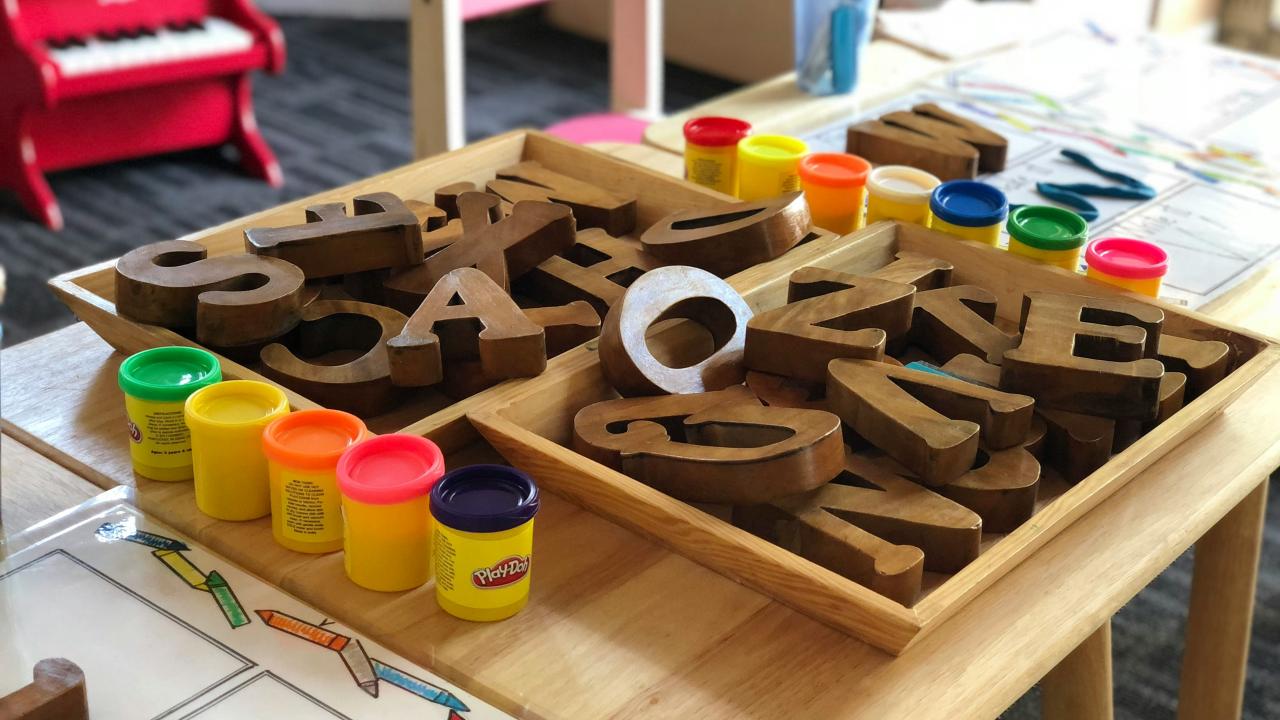
New Center for Poverty and Inequality Research Study to Connect Schools and Programs with Long-term Success in Life
Students with disabilities face unique challenges during their schooling years and beyond. The UC Davis Center for Poverty and Inequality Research is launching a new study funded by a grant from the Urban Institute that investigates what services and support can help students with disabilities succeed in school and ultimately be more successful as adults.
The project, “What Skills Help Students with Disabilities Thrive?” is led by Jacob Hibel, associate professor of sociology in the College of Letters and Science and co-director of the Center for Poverty and Inequality Research. The research team includes Andrew Penner, a professor of sociology at UC Irvine; Christopher Cleveland, an assistant professor of education and education policy at Brown University; and Andrew Saultz, interim dean and professor of educational policy at Pacific University.
“Students with disabilities are large and growing student population in general,” said Hibel. “We dedicate a lot of resources to providing equal opportunities, but we don't know enough about how those resources could best be allocated. This research will help inform that sort of policy going forward.”
Connecting student services and success in early adulthood
The research team will be among the first to identify how school-based programming for students with disabilities can lead to a better life as adults. Instead of only looking at academic achievement and college enrollment, the comprehensiveness of the data makes it possible for the investigators to expand to more general and longer-term outcomes like jobs and income, building a family, living independently and staying out of the criminal legal system.
The main data source in this project is Oregon K-12 education data that includes about 1.5 million students from as early as the 2004-2005 school year. Of these, about 200,000 students received any disability services through individualized education programs (IEPs) or a 504 plan. In addition to disability and special education information, the data include test scores, attendance, disciplinary information and even housing status.
“Statewide longitudinal data systems that include all students and follow them all the way through school is a relatively new advent,” said Hibel. “A lot of states are still getting their systems on board and researchers and policymakers are starting to get access to data that haven’t been available before.”
The team will link the data from Oregon to other data, including from U.S. Census Bureau, that provide a broader view of a student’s life trajectory. Their analysis combining these multiple data sources will show a detailed picture of which schools and what programs support students with disabilities to achieve a successful, thriving adulthood.
Supporting ambitious research on school and economic mobility
The research is funded by the Urban Institute’s Student Upward Mobility Initiative (SUMI). Hibel's project team will collaborate with another SUMI grantee, hosted by NORC at the University of Chicago, to benefit from shared data processing. NORC at the University of Chicago will examine how students’ skills interact with structural barriers to affect their economic mobility. Collectively, the two grant-funded projects total $743,000.
SUMI recently announced its first $3.5 million in grants across 16 two-year research projects. Each project studies what elements of education from pre-K through 12th grade are connected to economic mobility.
The inaugural projects focus on three drivers of economic mobility: academic skills, career preparation, and nonacademic factors. The initiative funds the development of skills and competencies that that educators and policymakers can apply to promote better futures for children. These include academic achievement, “noncognitive” factors, health and well-being, social capital and career preparation.
“Inequalities take many forms and to have a successful and generally equitable society we need a system that supports all individuals,” said Hibel.
This work is made possible through the support of the Student Upward Mobility Initiative, a sponsored project of Rockefeller Philanthropy Advisors in partnership with the Urban Institute. Initiative funders include the Walton Family Foundation, Bill & Melinda Gates Foundation, and Joyce Foundation.
